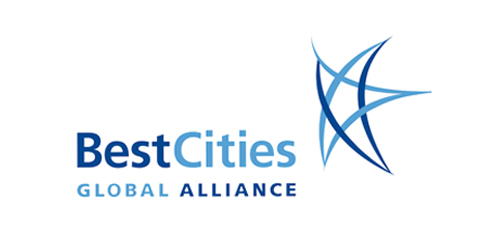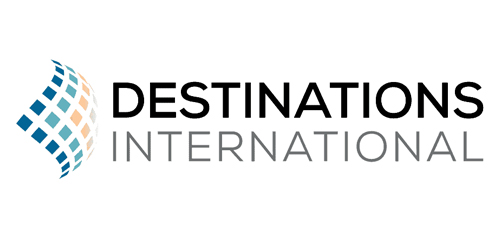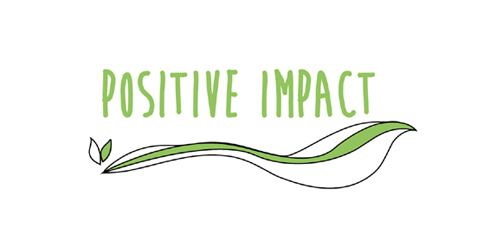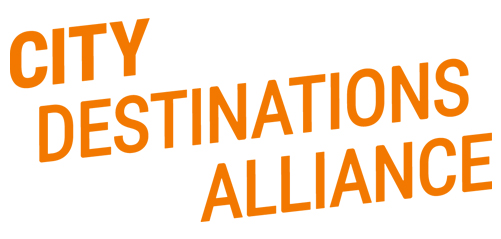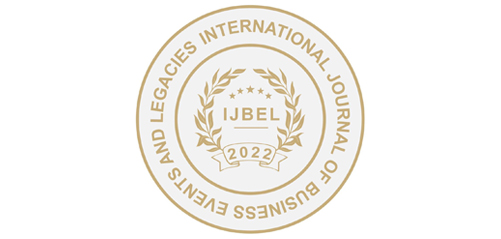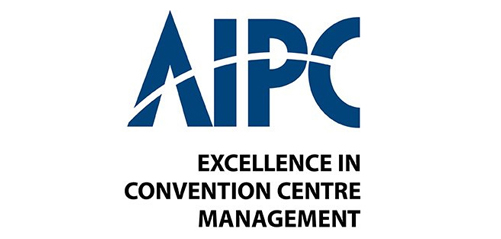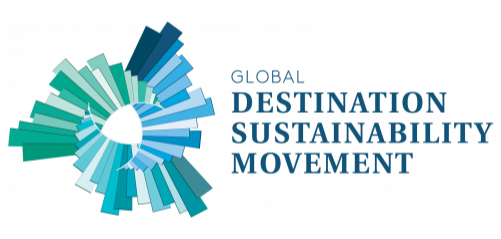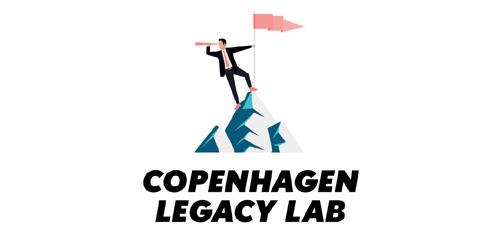The webinar that The Iceberg just produced on JMIC’s Manifesto for Economic Recovery Using Business Events contained a section on the document promoting the use of business events as a means of addressing the UN Sustainable Development Goals (SDGs). Fiona Pelham, the CEO of Iceberg partner Positive Impact Events, picks up that baton.
COVID-19 has changed the event industry. The question many event professionals are focused on is when will it change back?
The JMIC manifesto is an opportunity to position the event industry for a future which is more than a return to the past. In short this means enabling the industry to be sustainable.
Sustainability means more than being plastic-free and carbon offsetting. Sustainability means thriving in the current conditions. It means meeting the economic, environmental and social needs of the current generations without compromising the needs of future generations. Economic sustainability and sustainability are not different. As definitions can be boring let’s look at what sustainability means in practice through the behaviour of shares during COVID-19. The top performing shares (according to a report from HSBC bank) were those with the highest reporting levels for sustainability. These shares had the highest criteria for environmental, social and governance reporting and they outperformed all other company shares during the crisis. There is a lot the event industry can learn from this, and any manifesto positioning the industry should be taking note of the economies that are thriving as these are the economies with which we want to position the role of exhibitions and events.
The recognised rationale for the success of these shares is their use of standards and reporting frameworks to measure and monitor environmental, social and governance factors. In other words, monitoring the social standards of your supply chain makes your supply chain more robust to the challenges caused by a pandemic. A more robust supply chain means your product or service can meet your customers’ needs and your company can continue to generate income.
It would make sense that any manifesto positioning exhibitions, meetings and other events as a path to rebuilding our economies would reference globally recognised standards (e.g. ISO 20121) as evidence of the industry’s capability to demonstrate environmental, social and governance best practices in line with the economies we wish to support. As a side note ISO is the international standards body, so is therefore recognised by the global governments and businesses whose economic recovery we want to support. ISO 20121 is currently the most relevant ISO standard for events, however there is the potential of more standards on the horizon, including one on safety and security which MPI, EIC, UFI and IAEE were all invited to be part of early in 2020.
As Professor Greg Clark referenced during the webinar launch of the JMIC manifesto, events have an opportunity to be part of a “coherent narrative” which global governments, national cities and business are all speaking. This narrative is the United Nations Sustainable Development Goals. It could easily be argued that events are required to achieve every SDG as events enable people to come together for innovation, knowledge exchange, collaboration and more. As the SDGs are a roadmap for business and governments to work collaboratively towards a world that works for everyone, being able to position events as a route to achieving SDGs should be part of any manifesto positioning events as a tool for economic recovery.
Last year an action was proposed to the UN to recognise the role of events in achieving the SDGs. Imagine how impactful it would be for the future of the event industry if every government and business recognised events as a tool to achieve the SDGs! There are two resources that could be used to achieve this positioning:
- A commitment to action being tracked and reported upon at a UN level on capacity building for the event sector to advance the SDGs
- A UN survey tailored for the event industry which enables every event professional in the world to have their say on their priorities and progress towards achieving the SDGs (linked survey now updated to tackle COVID-19)
An interesting fact about the survey is it was the first to be tailored specifically for a sector and over 6000 commitments to action were gathered in the first month.
Any manifesto which positions events as a driver for economic growth would benefit from exploring factors which could influence economic success. Two of these external factors are climate change and global inequalities, and there are initiatives for events in each of these areas to which a manifesto could refer.
Firstly, Unicef UK have created guidelines for the consideration of human and child rights when planning an event. Secondly, UNFCCC are set to launch a system which will support event organisers in measuring and managing their carbon footprint.
While I do not know the contents of the JMIC manifesto, the content of the webinar could not have been clearer. The manifesto is about advocating for the role of business events as a tool for economic recovery. While this is a clear message for event professionals to understand, today’s status quo and the industry’s history demonstrates that it is not an easy message for governments to understand, and that there it is likely to continue to be challenging as industry associations admirably champion this message. Aligning with as many initiatives as governments and business understand and are prioritizing makes sense. This is the opportunity that ISO 20121, the UN guidelines and involvement in UN programmes provide, and while association support for these initiatives would be excellent, the good news is that industry professionals can align themselves and take action on an individual basis, and that every action counts.
Fiona Pelham, CEO of Positive Impact Events, Chair of ISO 20121.
For more about the initiatives mentioned above visit www.positiveimpactevents.com.


